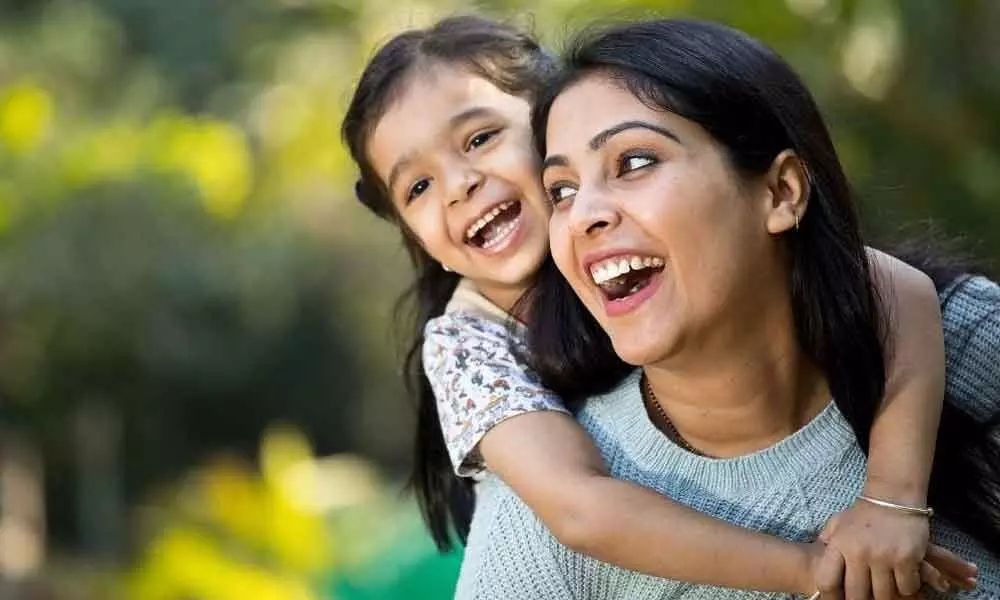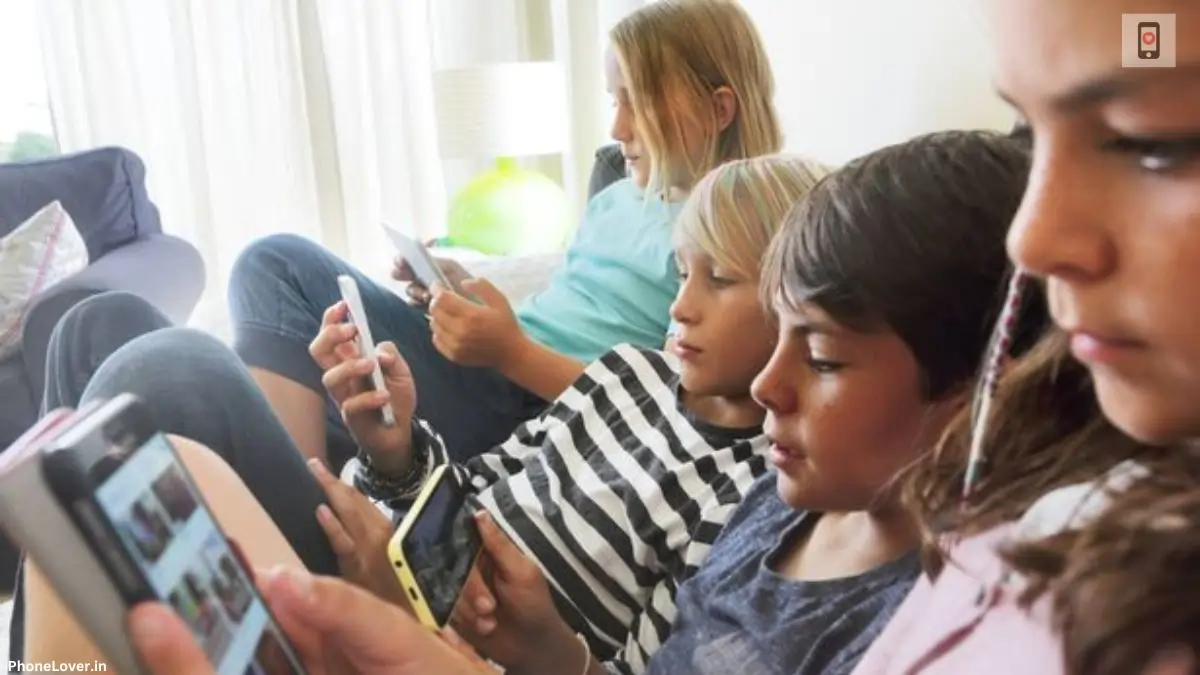In an era where smartphones are nearly an extension of our bodies, UK Children’s Commissioner Dame Rachel de Souza is raising a red flag—and her message resonates globally, including here in India.
In a candid article for The Sunday Times, Dame Rachel stressed that parents must stop trying to be their child’s best friend—especially when it comes to smartphone use. She highlighted the everyday dilemma parents face: giving in to children’s demands for the latest phone, often because “all their friends have one.” But, she warns, caving into that pressure might be hurting our kids more than helping them.
“You’re not supposed to be your child’s friend,” she emphasized. “Parenting is about making tough decisions in your child’s long-term interest—even if they protest loudly.”
The Data is Concerning
A recent YouGov survey commissioned by the Children’s Commissioner’s Office showed that 23% of children aged 8 to 15 spend over four hours a day on internet-enabled devices like smartphones, tablets, or gaming consoles.
Here’s a deeper look:
- 25% use screens for 2–3 hours daily
- 20% for 3–4 hours daily
- And 23% are clocking over 4 hours a day
That’s a major chunk of time spent in digital spaces, often unsupervised and sometimes dangerously so.
The Real Risk: Unseen, Unfiltered Content
Dame Rachel isn’t simply against screen time—she’s raising awareness about the kind of content children are consuming, often without parental guidance. From violent videos to explicit material, children are frequently exposed to harmful content online.
Instead of punishment, she suggests open dialogue:
“We need parents to feel confident having tough conversations with their children about what they see online—without just snatching the device away.”
Why? Because confiscating the device doesn’t stop the exposure; it just pushes it underground. Smart parenting means supporting kids, listening to them, and building trust.
What About Schools?
Interestingly, while schools in England have already implemented strong policies around mobile use 90% of secondary schools and 99.8% of primary schools limit phone access the biggest gap is at home.
Headteachers say the real issue isn’t just what happens in classrooms, but what happens during after-school hours when children are in their parents’ care. This again reinforces Dame Rachel’s core point: schools can only do so much.
What Can Indian Parents Learn?

This message isn’t just for the UK. In India, where smartphone penetration is skyrocketing and digital literacy is still catching up, parents must step up. That means:
- Setting screen time rules
- Using parental controls
- Having regular conversations about online safety
- Encouraging outdoor play and non-digital hobbies
Final Thoughts
Parenting in the digital age is harder than ever. But being a responsible parent isn’t about being popular it’s about being present. Children need guidance, not gadgets. They need limits, not likes.
If we want a healthier, safer digital future for the next generation, the change must start at home—with parents who choose tough love over easy silence.
Must Read: China mobile 5g bands







